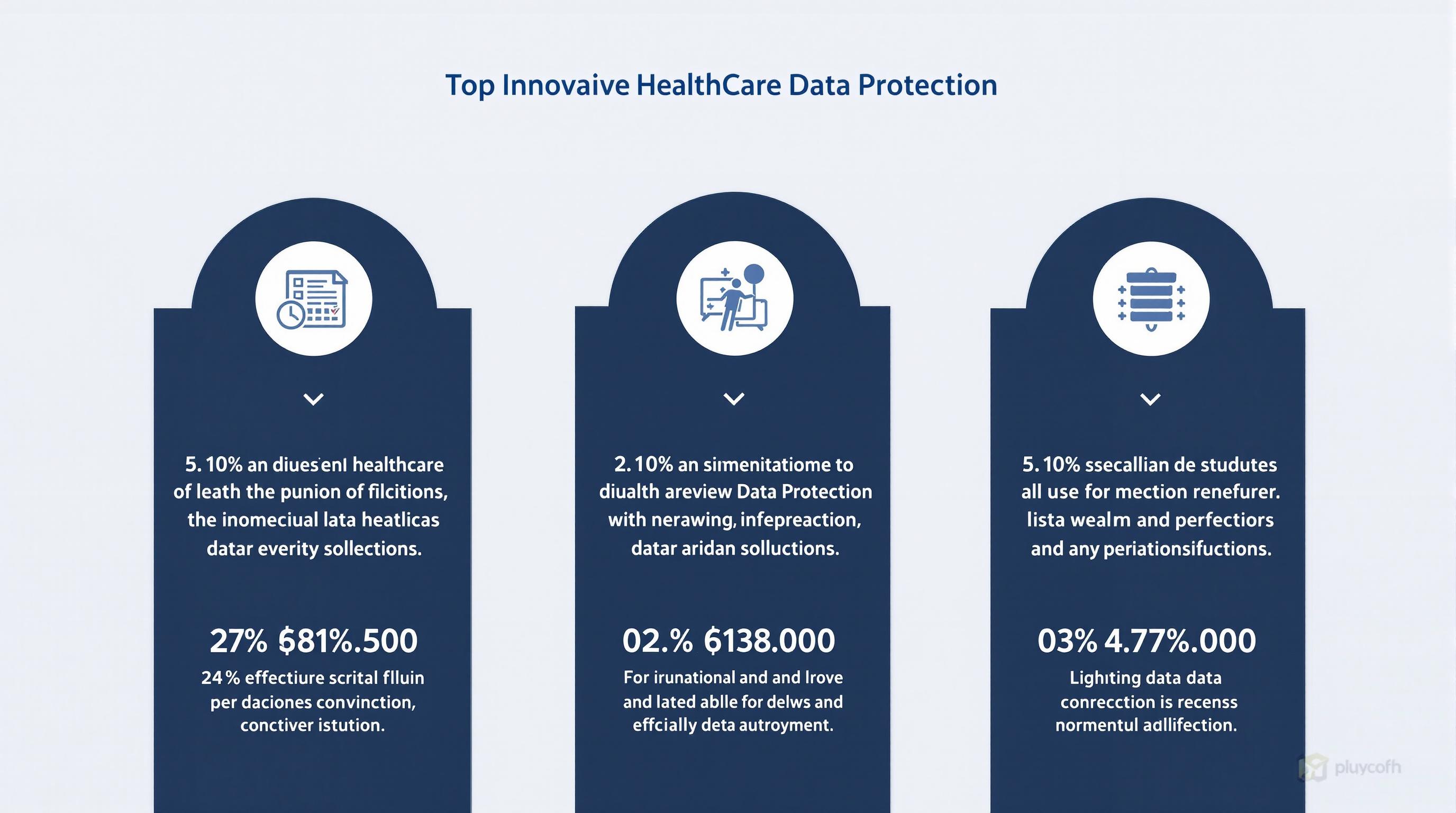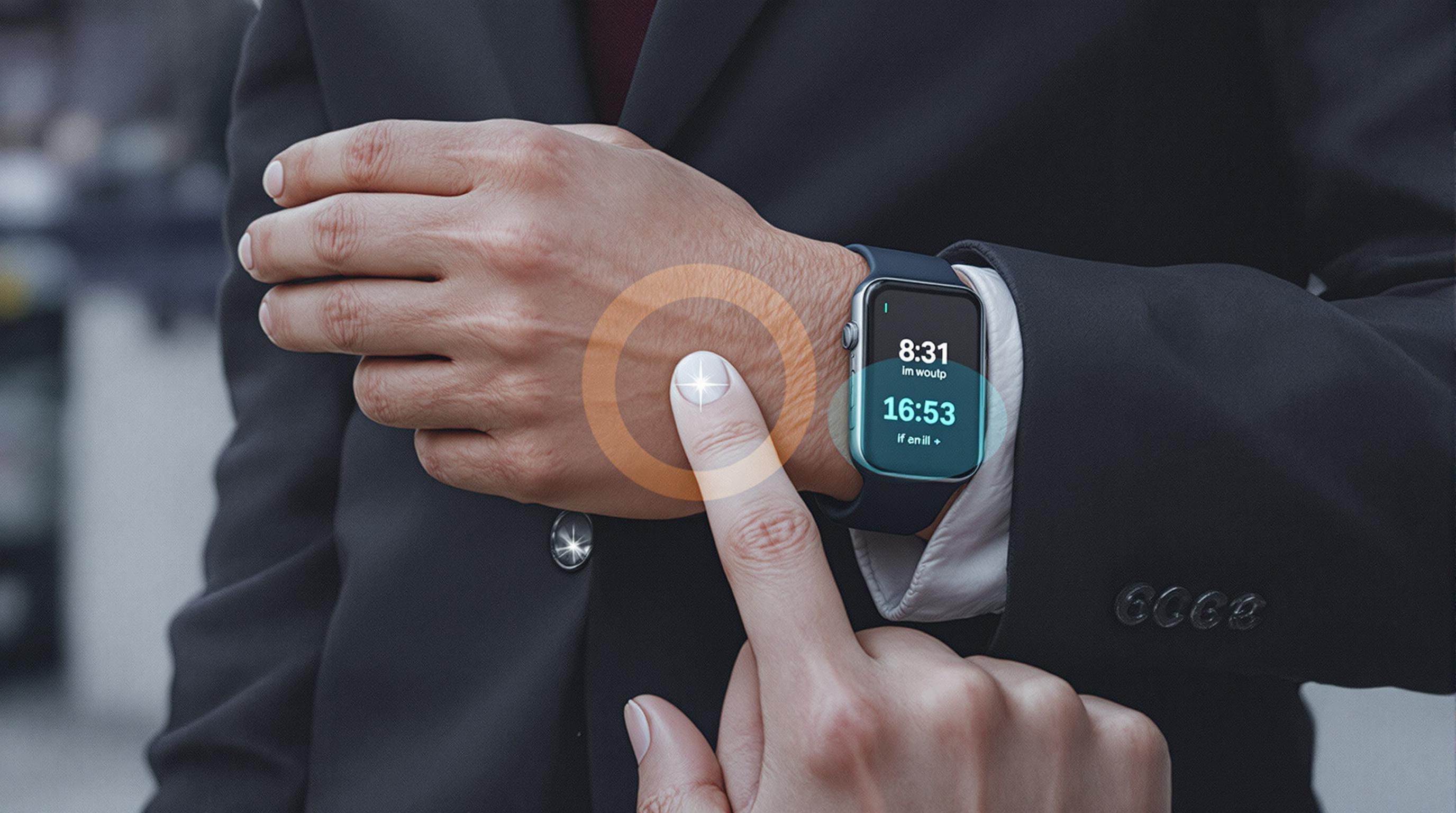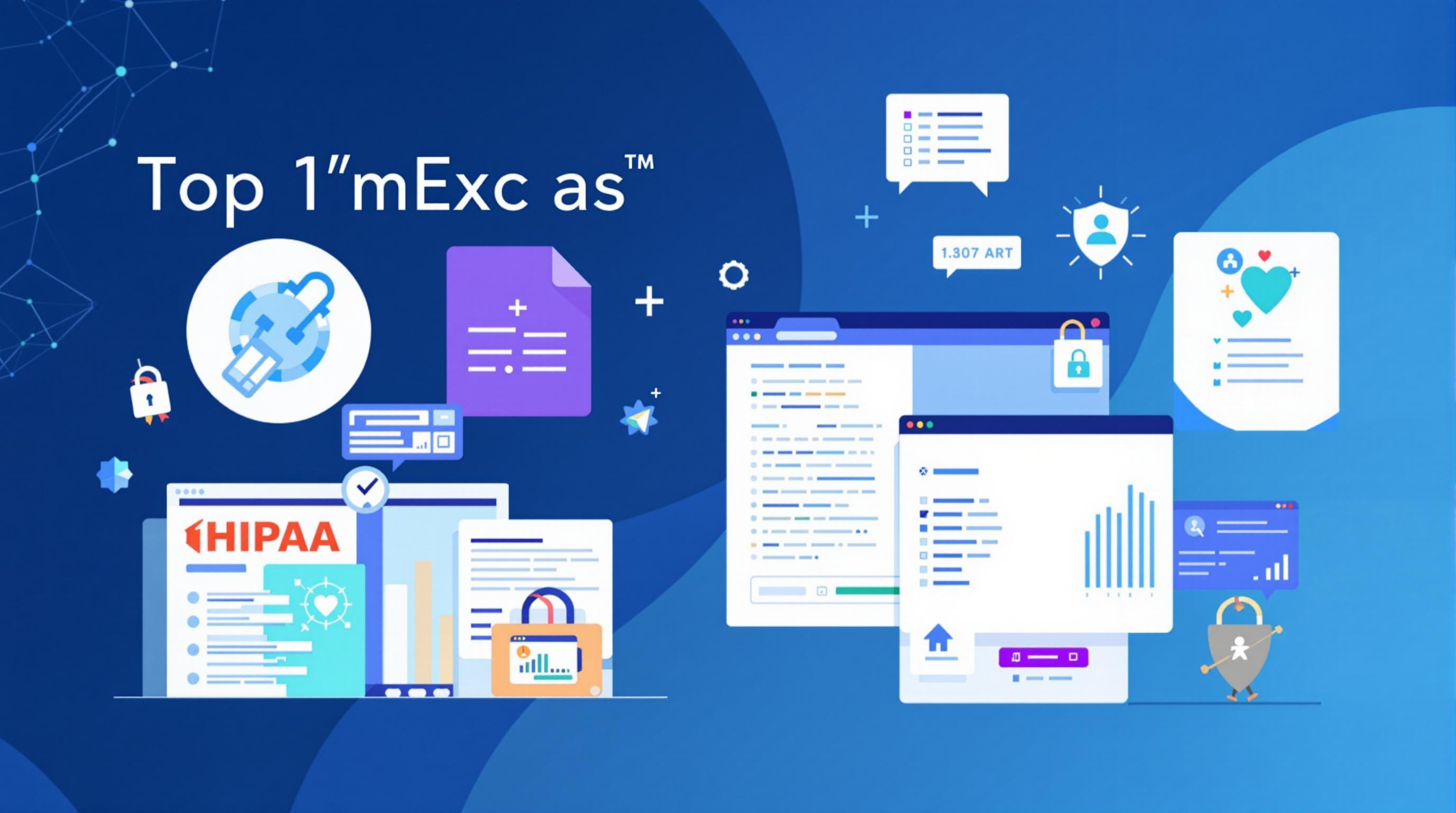Related Articles
- The Unexpected Impact of Environmental Factors on the Accuracy of Medication Dispensing Technologies
- Exploring the Influence of Mental Health Stigma on Accessibility and Affordability of Coverage in Modern Insurance Plans
- How Cloud Storage Quirks Are Quietly Complicating Patient Data Protection in Modern Healthcare Settings
- Top 6 Emerging Medical Billing Platforms Revolutionizing Practice Revenue Cycles Since 2019
- When Digital Distance Deepens Divide: Surprising Social Costs of Remote Health Services in Underserved Communities
- The Unexpected Role of EHR Usability in Physician Burnout and Strategies to Reclaim Workflow Balance
The Silent Role of Employee Mental Health in Strengthening Healthcare Privacy Safeguards
The Silent Role of Employee Mental Health in Strengthening Healthcare Privacy Safeguards
Employee mental health plays an indispensable yet often overlooked role in fortifying healthcare privacy safeguards. Addressing mental well-being within healthcare teams not only protects sensitive patient data but also enhances overall organizational resilience against breaches.
Imagine a hospital where the staff is under constant pressure, juggling long shifts and emotionally taxing cases without adequate psychological support. Now consider the potential cracks in privacy that can arise when exhaustion leads to mistakes or sloppy handling of confidential information. According to the American Psychological Association, employees experiencing high stress are 1.7 times more likely to disregard workplace protocols, putting sensitive data at risk.
Under the Surface: Why Mental Health Matters in Privacy Compliance
Employee vigilance is a cornerstone of maintaining healthcare privacy, yet this vigilance hinges on healthy cognitive functioning. Chronic mental strain — anxiety, depression, burnout — impairs an individual's attention to detail and decision-making abilities. This can result in forgotten password protocols, accidental sharing of patient files, or negligence in securing physical records.
Take, for example, the notorious 2015 data breach at a major U.S. hospital that exposed over 4 million patient records. Investigations later revealed that human error, exacerbated by understaffing and staff burnout, was a key contributor (HealthITSecurity, 2016). This case underscores a critical point: technological safeguards are ineffective without mentally resilient staff to operate them properly.
The Human Firewall: Stories from the Trenches
Maria, a 42-year-old registered nurse, recalls a moment where exhaustion almost compromised a patient's confidentiality. "I was so drained after a 12-hour shift that I nearly left a patient's chart on a computer screen unattended. Catching that slip at the last moment made me realize how fragile these safeguards can be when mental health is ignored."
Her story is echoed in many healthcare settings, where mental fatigue silently chips away at decades of privacy protocols.
A Causal Chain: Mental Health, Errors, and Privacy Breaches
According to a 2022 study by BMJ Open, healthcare professionals experiencing burnout had a 2.5 times higher likelihood of reporting a privacy or data error in their workplace. This research highlights a causal link between mental well-being and the robustness of privacy safeguards — a link organizations cannot afford to overlook.
Practical Steps to Integrate Mental Health into Privacy Strategy
From my perspective as a 29-year-old cybersecurity enthusiast who recently began writing about healthcare, incorporating mental health initiatives into privacy strategies sounds like a no-brainer, yet it remains underutilized.
Firstly, establishing regular mental health screenings and confidential counseling services for healthcare workers helps identify and mitigate risk factors early. Secondly, providing sufficient rest breaks and addressing workload imbalances prevents fatigue-induced mistakes. Finally, fostering an organizational culture that de-stigmatizes mental health encourages employees to seek help before crises arise.
Statistics Show the ROI of Supporting Mental Health
A recent Gallup report suggests that organizations investing in employee well-being see an average 21% reduction in safety incidents and data errors. This tangible return illustrates how mental health support transcends compassion and becomes a strategic imperative for healthcare privacy compliance.
Technology Isn’t Enough: The Need for Human Resilience
It’s tempting to believe that advanced encryption, multi-factor authentication, and AI monitoring can solve healthcare privacy challenges. However, as one IT security director put it, "Our best firewalls mean little if the frontline staff is too stressed or distracted to follow basic protocols." The human factor remains the last, critical defender of patient privacy.
Humor aside, envision the IT department frantically patching vulnerabilities while clinicians nod off at their desks—it's a recipe for disaster that statistics back up. Prioritizing mental health thus becomes a form of cybersecurity insurance.
Cultivating Empathy and Awareness Through Training
Integrating mental health awareness into privacy training programs creates empathy among employees about the importance of both personal well-being and patient confidentiality. Role-playing scenarios and sharing testimonials foster a collective commitment to upholding privacy standards, even under stress.
Case Study: A Hospital’s Journey Toward Mental Health Integration
The Memorial Health System in Ohio implemented a holistic program focusing on staff mental health, including mindfulness workshops and peer support groups. Within a year, reported privacy incidents dropped by 40%, according to their internal audit. Leaders there credit improved mental well-being for enhanced attentiveness to privacy policies.
In conclusion, safeguarding healthcare privacy is not solely a technical challenge but also a profoundly human one. When healthcare organizations invest in employee mental health, they build a more resilient workforce capable of protecting patient information with vigilance and care.
Sources:
HealthITSecurity (2016). "2015 Hospital Data Breach Investigations".
BMJ Open (2022). "Burnout and Data Privacy Errors Among Healthcare Workers".
Gallup (2023). "Well-being and Workplace Safety: A Statistical Perspective".
Memorial Health System Annual Report (2023).




